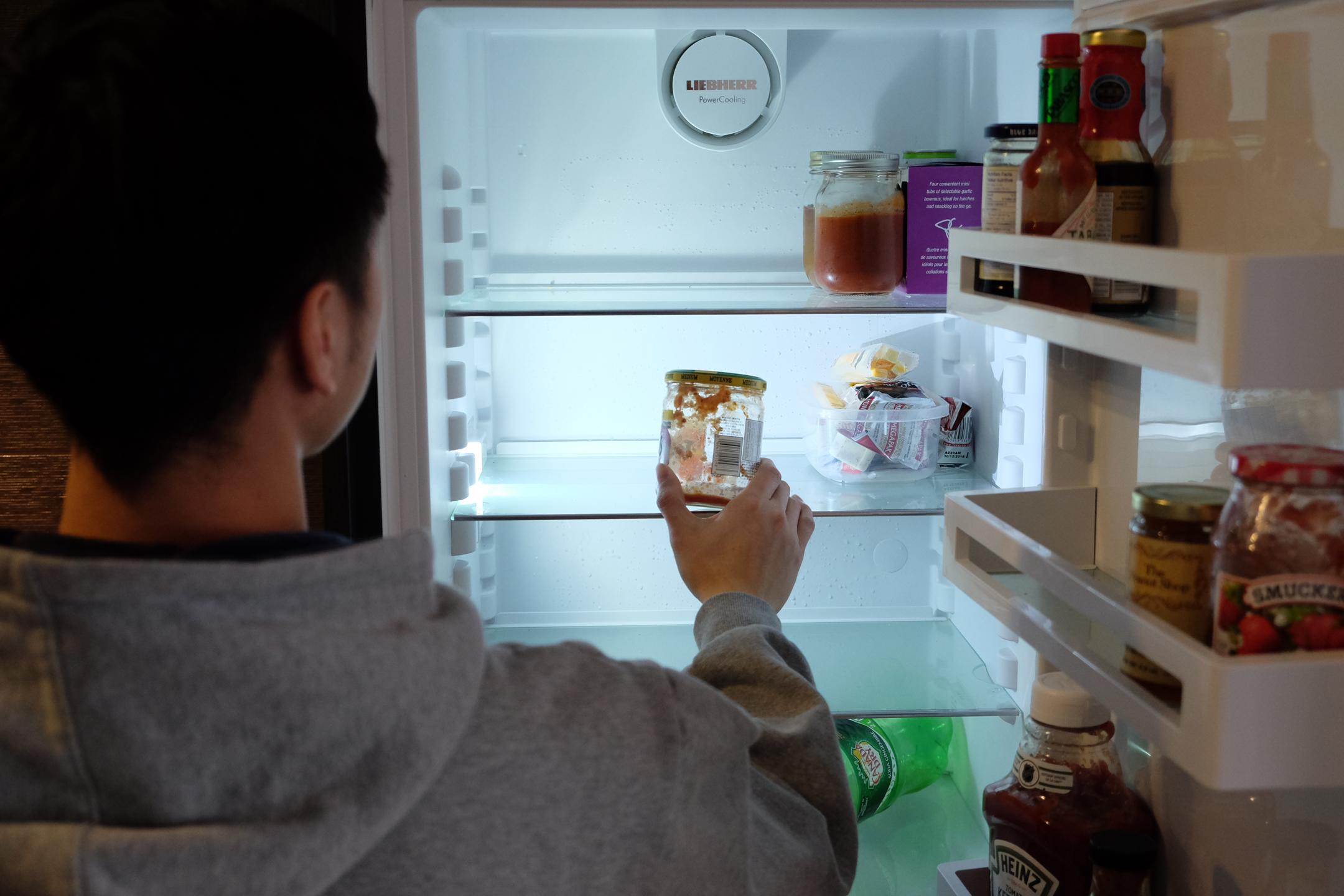By Sera Wong
In an effort to understand and end student hunger, Ryerson will be joining Lakehead University in a three-year project that will help determine why some students are struggling to eat, and what can be done to fix it.
The study called Students Feeding Change, is being led by Meal Exchange, a non-profit organization that aims to assist students dealing with food insecurity.
Plans for the study had started in September 2017, but in this year, Meal Exchange will be meeting with faculty and student leaders at both Ryerson and Lakehead to learn more about food insecurity on both campuses.
In 2016, Meal Exchange conducted Hungry for Knowledge, a study on food insecurity across five campuses, including Ryerson and Lakehead.
The study found about 39 per cent of post-secondary students had experienced some form of food insecurity. This may indicate that students foregoing food to pay for tuition is not at all a rare occurrence.
At that point it’s about getting calories into your body so you don’t get tempted to order a pizza or something along those lines because you know you can’t afford it
Students Feeding Change is meant to be a follow-up study to address the issues discovered in the first study.
Merryn Maynard, program coordinator at Meal Exchange, says the goal is to “collectively determine what the next steps are to try and alleviate the issue or reduce the number of students experiencing food insecurity.”
Ryerson and Lakehead presented very interesting and different challenges and aspects. Ryerson is an urban school, said Maynard, and faces difficulties like cost of housing. Lakehead, however, is more of a northern, rural school, with a higher indigenous student population and in a completely different local context to Ryerson.
“We really saw these two campuses as being really interesting places to start to delve a little deeper into what food insecurity looks like at two different campuses and how it might differ,” Maynard says.
She hopes to perpetuate the conversation surrounding students and food insecurity while raising more awareness at the same time.
“I think there’s this perception that has grown out of how education has traditionally been viewed… is that students are quite privileged, that students are financially well-off, or come from well-off families that can support them,” Maynard said.
“The reality is that, that is just not the case anymore, and students today are facing far more financial pressure than their parents or grandparents before them.”
Hungry for Knowledge also discovered that food insecurity was higher among indigenous and racialized students. Coincidently, Lakehead had one of the more severe cases of food insecurity, with 46 per cent of students saying they faced some degree of food insecurity, compared to 39 per cent at Ryerson, and 37 per cent at Brock University.
Charles Levkoe, Canada Research Chair in Sustainable Food Systems and professor at Lakehead said that people who have been marginalized by society have less money to buy food for themselves.
“ [Wealth in society] is in certain classes, certain racial groups, and certain ethnicities,” he said.
”That’s part of it, and people come from international situations also. They’re spending a ton of money on tuition, they’re travelling long ways, even though these students might be coming from wealthier families that enable them to come to a place like Canada to study, they still struggle a lot of the time.”
Yet students at Ryerson also have fair share of struggles to eat.
Sarah Fields*, a third-year nursing student recalls throwing together unusual combinations of leftover food to avoid buying groceries, such as eating a can of creamed corn with three frozen pierogies, or an egg on top of plain couscous.
“At that point it’s about getting calories into your body so you don’t get tempted to order a pizza or something along those lines because you know you can’t afford it,” she said.
Fields mentioned having to pay for extra things such as scrubs and stethoscopes on top of textbooks and tuition without having the necessary funds to back her up.
Emma Gold* a first year politics and governance student recalls having to work full-time hours while attending school full-time to help support her mother and four siblings. This results in her avoiding meals altogether.
“There are still days that I have to sleep for dinner, if you know what I mean,” she said.
Gold mentions it being challenging to purchase healthy foods with a minimum wage job. She often purchases and only being able to purchase canned food, instead of fresh produce as it is cheaper.
Gold said that being food insecure still carries a certain stigma.
“There’s still shame attached to the label of being poor,” she said.
Maynard said that Students Feeding Change will help address the types of barriers students face.
Some students who are food insecure might drop into a food bank, like the Good Food Centre at Ryerson. Levkoe says that food banks and food drives, while helpful, are only “bandaid solutions.”
“Things like higher minimum wage, guaranteed basic income, better social services, things like that, in the short-term cost money but in the long-term are structural solutions to some of these things,” Levkoe said.
“I have advice for the administration. Find more money to support those students. Give them more bursaries, reduce tuition. More scholarships. I think students who are struggling to eat, it’s not their fault, often. In most cases, students are trapped in impossible situations. “
* Names have been changed to protect identity












Leave a Reply